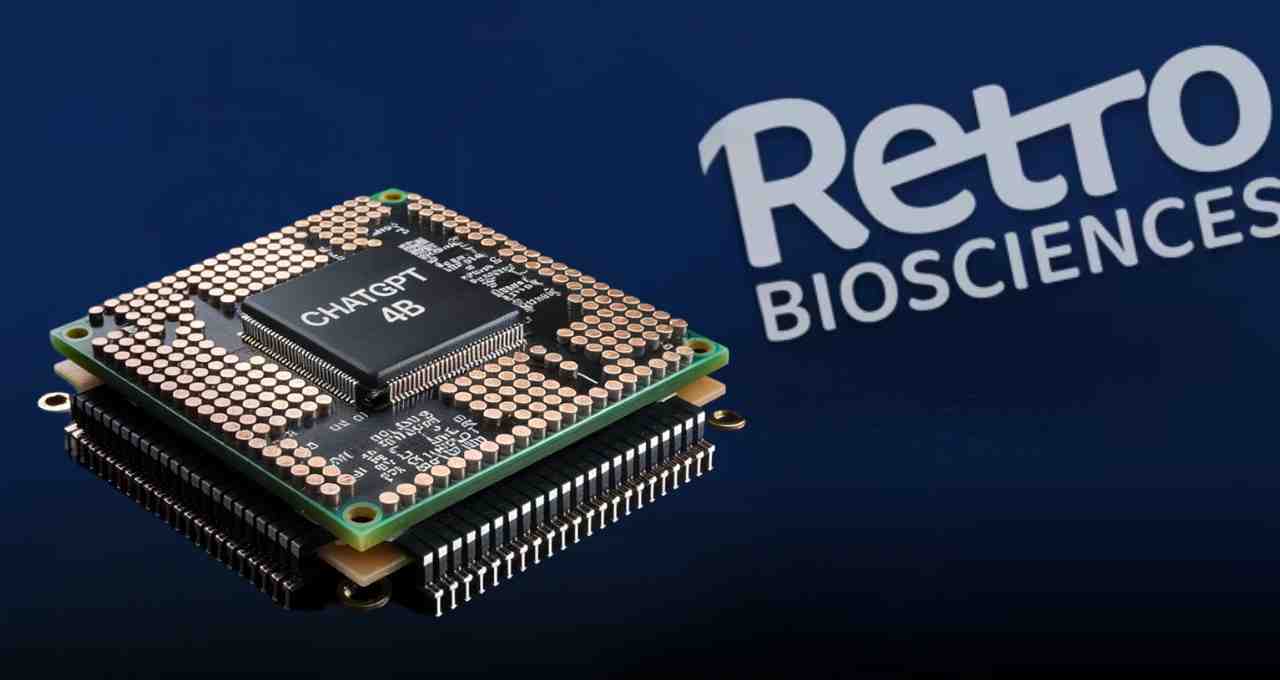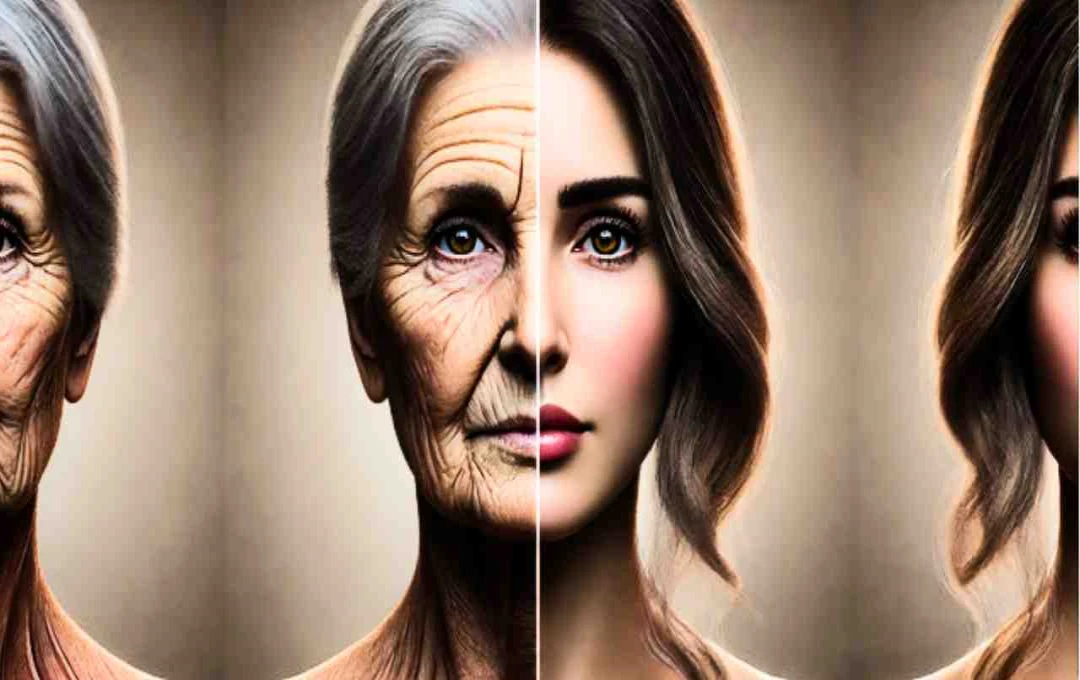OpenAI and Retro Biosciences have jointly developed GPT-4b Micro, a new AI model capable of revitalizing human cells. This model is designed for protein design and regenerative medicine. Experiments have shown success in making aged cells perform like younger cells, potentially slowing down or reversing the aging process.
AI Reverse Aging: OpenAI, in collaboration with Silicon Valley startup Retro Biosciences, has developed GPT-4b Micro, which can reach human cells and help keep them young. This AI model is specifically trained on protein sequences and three-dimensional molecular structures. Experiments have revealed that aged cells exhibited youthful activities, increasing the likelihood of slowing down and potentially reversing the aging process in the future. This discovery sparks new hope in the fields of longevity and regenerative medicine.
AI Could Put a Break on Aging

OpenAI recently collaborated with Silicon Valley startup Retro Biosciences to develop GPT-4b Micro. This new AI model is not limited to data or code but reaches human body cells, creating new possibilities in biological research and regenerative medicine. GPT-4b Micro is specifically trained on protein sequences and three-dimensional molecular structures, which can help rejuvenate aged cells.
According to experts, this discovery could be a significant step towards slowing down and potentially reversing the aging process in the future. Proteins designed by AI increased the expression of stem cell markers by up to 50 times and also accelerated DNA damage repair in cells.
Proteins That Breathe New Life into Cells
GPT-4b Micro is not designed like typical chatbots. It is developed for protein design based on Yamanaka factors, which are capable of converting adult cells into stem cells. Experiments with these proteins showed that aged cells started exhibiting youthful activities. Scientists say that this discovery could prove revolutionary in the fields of biology and regenerative medicine.
The new proteins created by AI not only reduced the age of cells but also increased their functionality and vitality. This increases the likelihood of controlling aging and related health problems such as blindness, diabetes, and organ failure in the future.
The Role of AI in Future Medicine
GPT-4b Micro's contribution to the fields of longevity and regenerative medicine is considered extremely important. If this technology proves successful in further studies and clinical trials, new drugs can be developed in the future to postpone the human aging process and improve the quality of life. AI is now emerging not just as a research tool but as a co-creator of biological discoveries.













